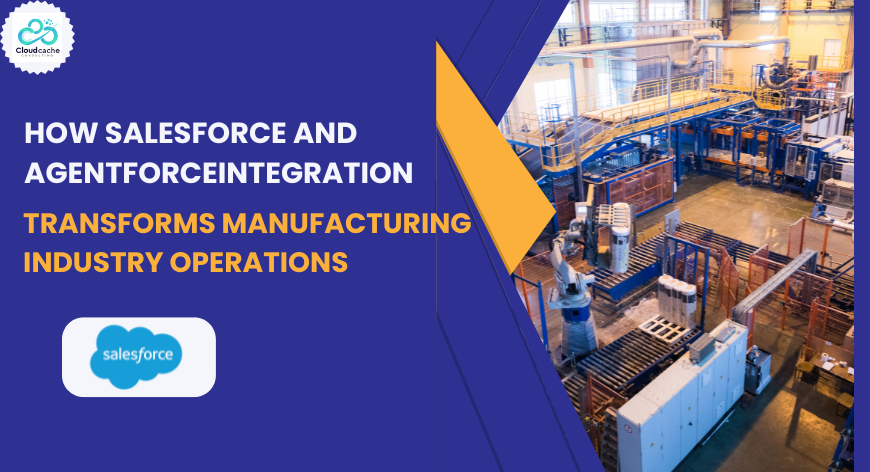
How salesforce and Agentforce integration Transforms Manufacturing Industry Operations
The manufacturing sector is experiencing rapid technological advancements, with Industry driving major transformations. The global AI Industry market, valued at $159.56 billion in 2024, is expected to grow to $188.89 billion in 2025 and reach an astounding $728.51 billion by 2033. This expansion is fueled by the increasing adoption of artificial intelligence (AI), automation, and smart technologies, which are revolutionizing how manufacturers operate.
A crucial component of this shift is the ability to integrate AI-powered solutions into existing business processes. AI enables manufacturers to streamline production, optimize workflows, and deliver intelligent customer service. However, to fully utilize AI, manufacturers need comprehensive solutions that ensure fast, personalized, and efficient service across multiple channels. This is where Salesforce Agentforce plays a key role.
By integrating Agentforce with Salesforce products, manufacturers can unify operations and provide intelligent, data-driven service to meet the evolving expectations of their customers. Whether it’s resolving issues proactively, offering personalized recommendations, or automating workflows, the integration of Salesforce Agentforce enhances efficiency, reduces costs, and improves customer satisfaction.
The Importance of AI in Manufacturing
AI is no longer an option for manufacturers—it is a necessity. Companies that fail to embrace AI-driven solutions risk falling behind in an increasingly competitive market. The benefits of AI integration in manufacturing far outweigh the challenges, making it an essential tool for digital transformation.
Here are some key statistics that highlight the importance of AI in manufacturing:
The AI in manufacturing market was valued at $2.3 billion in 2023 and is projected to grow to $20.8 billion by 2028, with an impressive CAGR of 45.6%.
Over 70% of manufacturers have already implemented AI in various areas such as production, training, and customer service.
Predictive maintenance powered by AI can reduce maintenance costs by up to 30% and decrease unplanned downtime by 45%.
AI-driven automation in manufacturing can handle 60-70% of tasks currently performed by employees, improving efficiency and productivity.
AI can lower operational costs by up to 30% by optimizing processes and reducing waste.
These figures demonstrate the significant impact AI has on manufacturing operations. To capitalize on these benefits, companies must integrate AI with powerful platforms like Salesforce to unlock new levels of efficiency and innovation.
The Future of Agentforce in Manufacturing
As AI technology evolves, the potential for Agentforce in manufacturing continues to expand. Here’s what the future holds:
Advanced AI-Driven Automation
Future AI agents will handle complex, multi-departmental workflows with minimal human intervention. This will streamline operations across supply chains, production, and customer service, increasing efficiency.
Integration with Industrial IoT (IIoT)
With the rise of smart factories, Agentforce will integrate with IIoT devices, analyzing real-time sensor data to optimize production, detect potential equipment failures, and improve quality control.
AI-Powered Sustainability Initiatives
Manufacturers are prioritizing sustainability, and future AI agents will help optimize energy usage, reduce waste, and support eco-friendly production practices. AI will analyze data from every stage of production to suggest ways to minimize environmental impact.
Collaboration with Emerging Technologies
Agentforce is expected to integrate with digital twins, blockchain, and augmented reality (AR) to enhance manufacturing capabilities. AI agents could use digital twins to simulate production scenarios and recommend optimal workflows.
Salesforce is developing industry-specific AI templates to simplify the deployment of AI agents for different manufacturing sectors. These pre-configured solutions will enable manufacturers to leverage AI without extensive custom development.
Enhancing Manufacturing Operations with Salesforce Agentforce Integration
Integrating Salesforce Agentforce with other Salesforce products provides manufacturers with an AI-powered ecosystem that enhances efficiency, automation, and decision-making. Let’s explore how integrating Agentforce with different Salesforce Clouds can transform manufacturing operations.
Sales Cloud: Improving Forecasting and Demand Planning
Sales Cloud helps manufacturers enhance their forecasting capabilities and align production with market demand. When integrated with Agentforce, AI-driven predictive analytics allow companies to anticipate demand more accurately and adjust production schedules accordingly.
Example Use Case: A manufacturing company is negotiating a large contract with a supplier. Using Sales Cloud’s “Close Plan” feature, the sales team receives an AI-generated strategy tailored to the supplier’s needs. This strategy includes key milestones, follow-ups, and guidance for overcoming objections. Agentforce further refines this process by analyzing CRM data and predicting order volumes, enabling the company to prepare production schedules and inventory levels in advance.
Manufacturing Cloud: Optimizing Production and Account Planning
Manufacturing Cloud helps businesses synchronize customer demand with production capacity. When combined with Agentforce, manufacturers can streamline sales agreements, manage revenue forecasts, and optimize production schedules to meet customer commitments efficiently.
Example Use Case: A manufacturer uses Agentforce to analyze customer demand forecasts in real time. If demand increases unexpectedly, Agentforce works with Manufacturing Cloud to adjust production schedules, ensuring orders are fulfilled on time without overproducing or creating inventory surpluses.
Commerce Cloud: Enhancing Digital Sales Channels
Commerce Cloud enables manufacturers to expand their online presence and digital sales. When integrated with Agentforce, AI-driven recommendations and automated product suggestions help enhance customer engagement and drive online sales.
Example Use Case: A customer frequently browses a manufacturer’s website, looking at specific product categories. Agentforce detects these browsing patterns and tailors personalized recommendations on the Commerce Cloud platform. This improves customer experience and increases conversion rates by providing relevant product suggestions.
Key Benefits of Integrating Agentforce with Salesforce for Manufacturing
The integration of Agentforce with Salesforce products offers numerous advantages that can significantly improve manufacturing operations. Some of the primary benefits include:
- Increased Productivity
AI-powered predictive maintenance ensures equipment operates efficiently, reducing downtime and maximizing output on the factory floor.
- Enhanced Customer Satisfaction
Integrating Agentforce with Service Cloud and Sales Cloud enables faster and more effective responses to customer inquiries. AI-powered chatbots provide real-time updates on orders, deliveries, and product information, ensuring customers receive timely support.
- Cost Reduction
By streamlining operations, AI-driven automation helps manufacturers cut costs. Predictive maintenance minimizes unexpected breakdowns, and AI-driven supply chain management reduces inefficiencies, leading to better cost control and improved profitability.
- Data-Driven Decision Making
With access to real-time analytics and predictive insights, manufacturers can make informed decisions that enhance efficiency and optimize resource allocation. Agentforce analyzes production performance, sales forecasts, and inventory levels, allowing for strategic decision-making.
- Improved Compliance
Manufacturers must adhere to strict regulations and quality standards. AI-powered compliance checks and automated auditing processes ensure adherence to industry guidelines, reducing the risk of non-compliance penalties.
Conclusion:
Integrating Agentforce with Salesforce products offers manufacturers a powerful, AI-driven platform to improve efficiency, reduce costs, and enhance customer experiences. By leveraging predictive analytics, automation, and our Salesforce Professional Resources library, CloudCache Consulting offers Salesforce Consulting Services. With us manufacturing companies can optimize their operations and stay ahead in a competitive market. With ongoing advancements in AI and smart technologies, the future of manufacturing looks increasingly intelligent, efficient, and sustainable.you can also visit our Upwork page.
Latest Posts
-

-
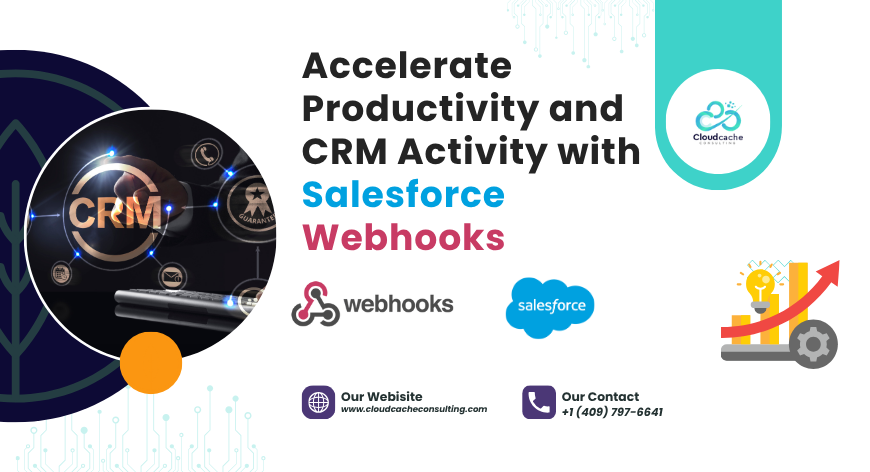
-
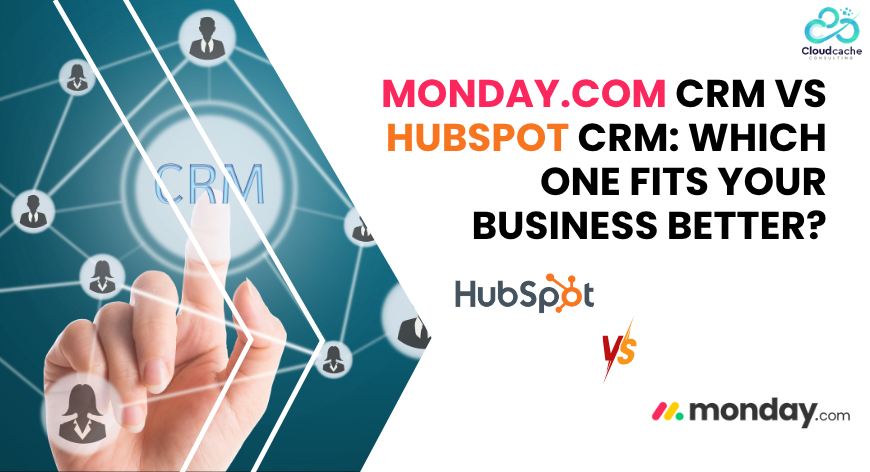
-

-

-
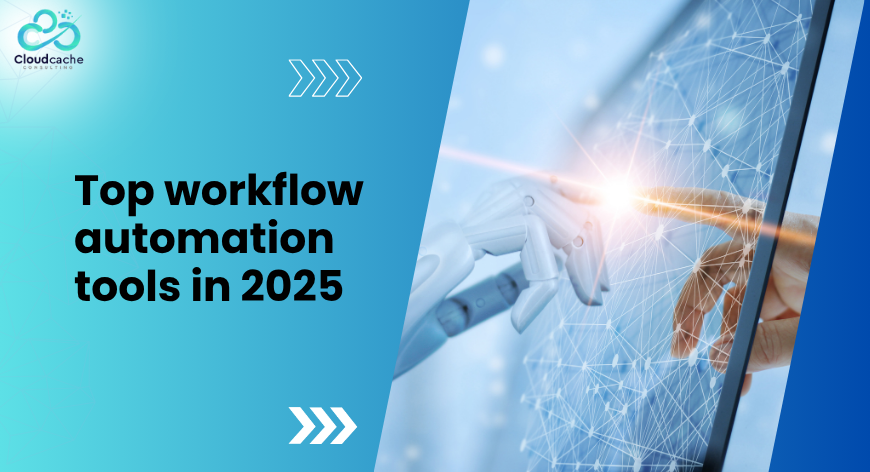
Top workflow automation tools in 2025
Jul,8 2025 -
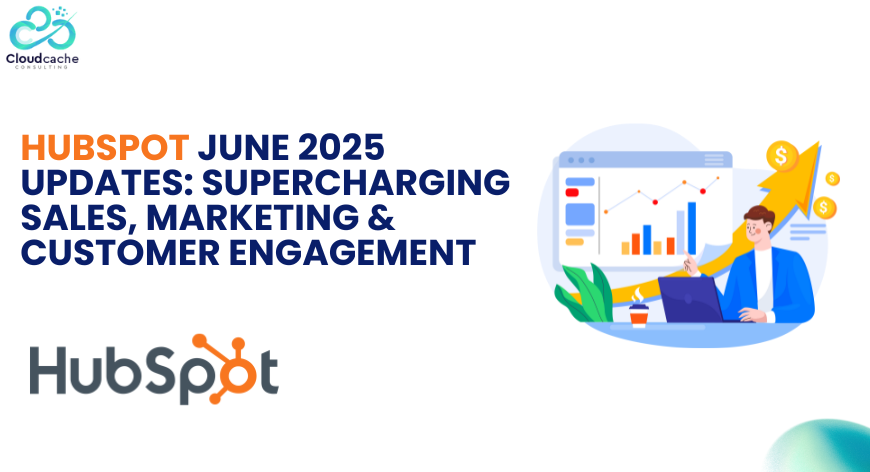
-

-
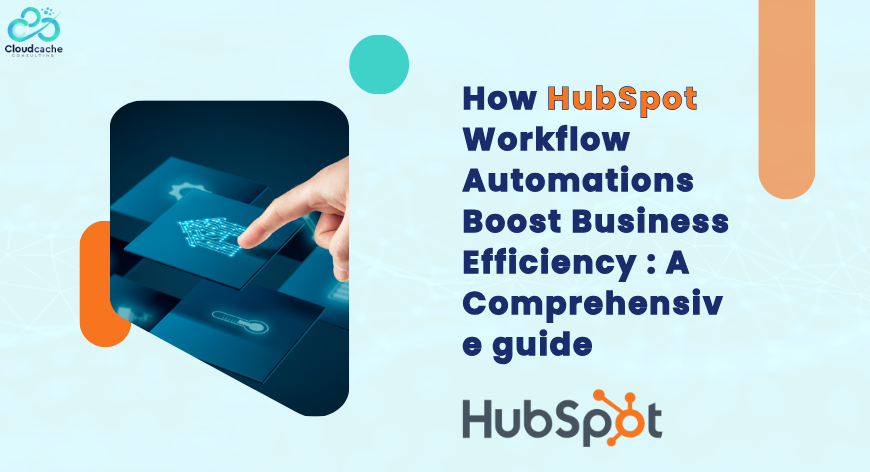
-
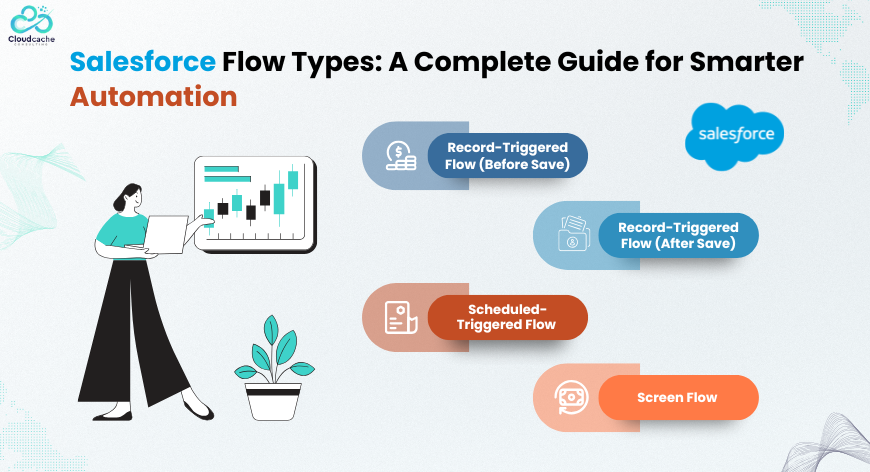

Leave a Reply
Your email address will not be published.